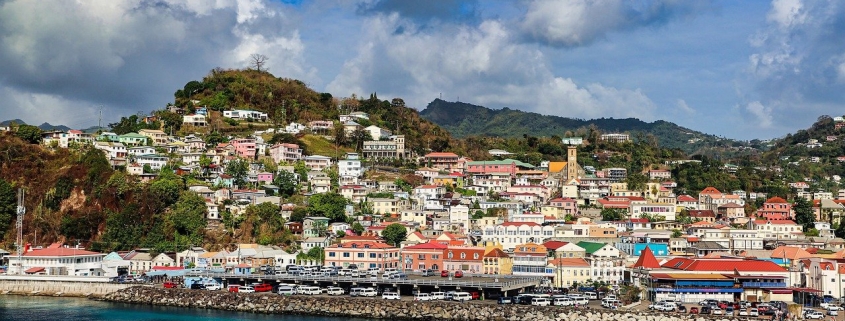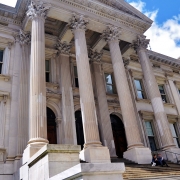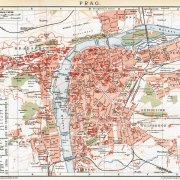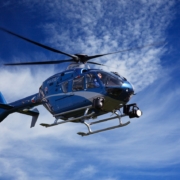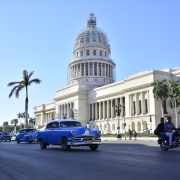What happened during the United States invasion of Grenada?
Topic of Study [For H2 History Students]:
Paper 1: Safeguarding International Peace and Security
Section B: Essay Writing
Theme III Chapter 2: Political Effectiveness of the UN in maintaining international peace and security
Historical Context: The ‘Second Cold War’
Following the Soviet invasion of Afghanistan, United States (US) President Ronald Reagan renewed Cold War confrontation towards its ideological rival. As part of the ‘containment policy’, the US increased its military and financial support for counter-revolutionaries in other parts of the world. Along the same vein, the US became more involved in the toppling of pro-Communist regimes.
The prevention of another ‘hostage crisis’
The Reagan administration’s swift and firm response to the coup launched by the leftist Maurice Bishop and his New Jewel Movement was partly motivated by the fears of another ‘Iran Hostage Crisis’. In Grenada, there were nearly 1000 Americans. Most were medical students.
From the ideological standpoint, the US was concerned with the rise of a Marxist regime. In 1983, the Marxist Bernard Coard assassinated Bishop and replaced the government. The Reagan administration was concerned with the increasing Soviet influence in the Carribean.
The United States had grown increasingly uneasy about the expansion of Soviet and Cuban influence in the Caribbean and in Grenada in particular. By the early 1980s, Soviet support of the Communist Sandinista government of Nicaragua and of the Communist insurrection in El Salvador was on the rise. The new U.S. administration of President Ronald Reagan viewed further encroachments into traditional U.S. spheres of influence in South and Central America and the Caribbean as constituting an increasing menace. Soviet and Cuban military aid and equipment and construction of an airfield larger than any needed for purely civilian purposes set off alarm bells in the U.S. national security establishment.
An excerpt from “Operation Urgent Fury: The Invasion of Grenada, October 1983” by Richard W Stewart and Edgar F Raines.
On 25 October 1983, the US led a military invasion of Grenada, clashing with Grenadian armed forces and Cuban engineers. Eventually, the invasion was a success. Coard’s government was replaced by a pro-American Herbert Blaize.
International outrage
The American invasion drew strong criticisms from various countries. On 2 November 1983, the United Nations General Assembly passed a resolution, condemning the act as a ‘flagrant violation of international law’. Similarly, the United Nations Security Council drafted a resolution, but was vetoed by the US.
… President Reagan dispatched 1,900 US troops to Grenada on October 25. Encountering little resistance, US forces quickly gained control of the island, arrested what was left of the Grenadian government… Although popular in the United States, the US action was condemned by the United Nations, with only a US veto preventing a Security Council censure.
The invasion of Grenada, coupled with increases in support for the Contras and the Afghan resistance led to a codification of US policy toward the Third World which became known as the Reagan Doctrine.
An excerpt from “The Cold War: An International History” by David Painter.
What can we learn from this article?
Consider the following question:
– Assess the significance of the Cold War on the political effectiveness of the United Nations peacekeeping operations.
Join our JC History Tuition and learn more about the Cold War and peacekeeping missions. The H2 and H1 History Tuition feature online discussion and writing practices to enhance your knowledge application skills. Get useful study notes and clarify your doubts on the subject with the tutor. You can also follow our Telegram Channel to get useful updates.
We have other JC tuition classes, such as JC Math Tuition and JC Chemistry Tuition. For Secondary Tuition, we provide Secondary English Tuition, Secondary Math tuition, Secondary Chemistry Tuition, Social Studies Tuition, Geography, History Tuition and Secondary Economics Tuition. For Primary Tuition, we have Primary English, Math and Science Tuition. Call 9658 5789 to find out more.

